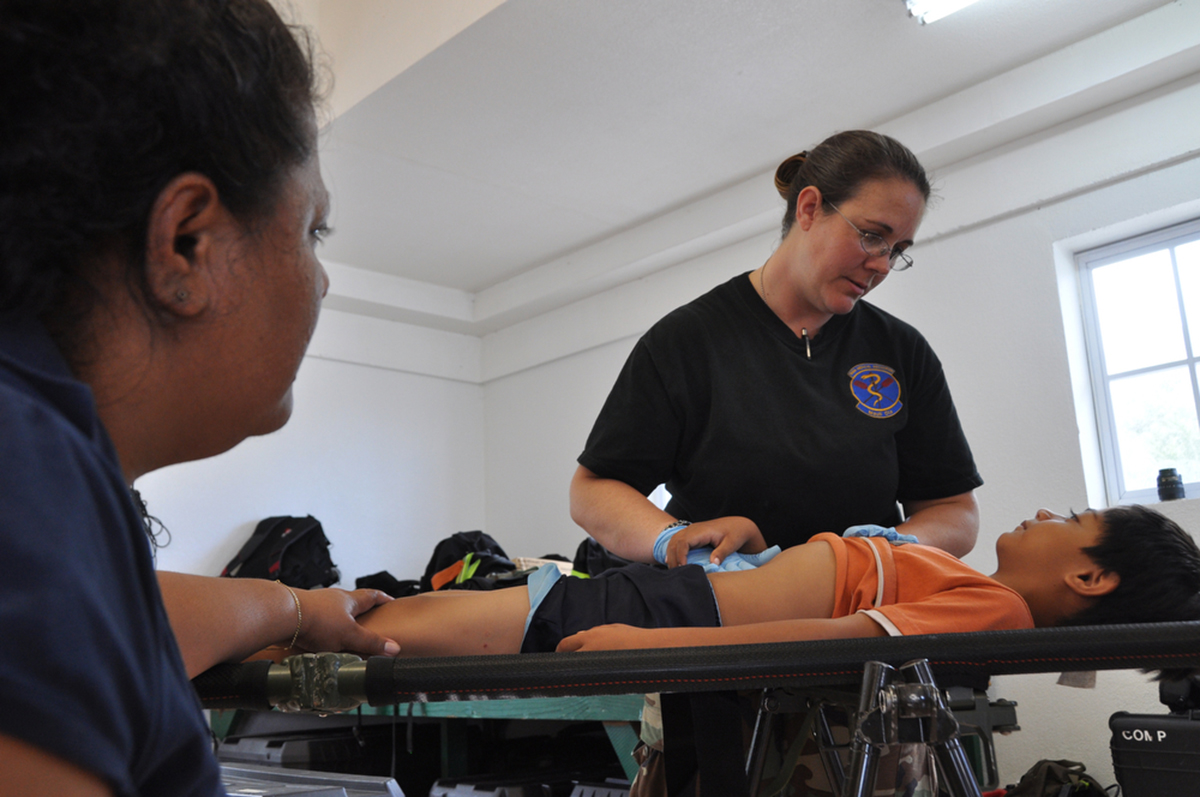
Even though this condition occurs most frequently in the adult persons, especially after they have consumed a meal that is “rich” and fairly spicy in nature, this condition is also occurring in infants and small children. The most evident symptoms, when having this younger target group in mind, are the occurrences of slight pain and feeling of burning in the chest area. In addition, rough estimates imply that 2 percent of children aged from 3 to 9 experience heartburn at one time or another, and 5 percent of those children aged from 10 to 17.
Common Causes and Culprits
When this condition occurs in small children, and infants especially, then it is most often a sign of a more serious condition, i.e. gastroesophageal reflux (commonly referred to GERD). This condition comes to be once the acid from the stomach of a child or infant in question comes back all the way up to the esophagus (which is the tube responsible for keeping mouth and stomach closely connected). The muscle that is under normal circumstances responsible for keeping all acids safely tucked inside the stomach (i.e. esophageal sphincter), sometimes tends to over-relax itself and at that moment there occurs a rise in the levels of stomach acid upwards, irritating the hypersensitive esophageal lining. As the direct consequence of this action, there occurs heartburn and other related symptoms.
Although the above mentioned condition is extremely unpleasant and also harmful, it is a fairly common occurrence in infants. Translated into numbers, one half of all babies who are under 3 months old, experience either some of the symptoms of GERD or suffer from it. On the other hand, when having another target group in mind, i.e. children of a fairly young age, then the main culprit for heartburn is considered to be immature digestive tract. Direct consequences of this, especially in children of age, include increased risk of being overweight, secondary smoke exposure, and consuming of particular types of food such as spicy food for example. One important thing to bear in mind is that those children suffering from any type of neurological condition (e.g. cerebral palsy) are at a much greater risk of falling under the influence of a condition in question. In case the main culprit for heartburn is considered to be GERD, then infants or a bit older children also tend to experience some other symptoms such as:
Coughing, Chest pain, Hoarse voice, Fussiness, Poor eating, Sore throat, Vomiting, Pain during swallowing, Difficulties in breathing.
As far as the treatment methods and techniques are concerned, certain medications and drugs for the type of heartburn that does not progress and betters on its own are such as H2 blockers (e.g. Zantac and Tagamet) and proton-pump inhibitors (e.g. Prilosec, Nexium and Prevacid). Other effective ways of relieving and spontaneously warding off your child’s heartburn include cutting down on food that is spicy and not letting your child eat 2-3h prior to going to bed.





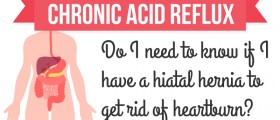


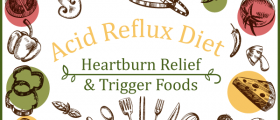
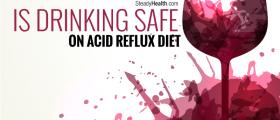


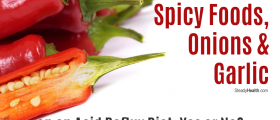




Your thoughts on this
Loading...